Australia has launched a multimillion-dollar national awareness campaign to promote an upcoming law that will ban social media access for anyone under 16, framing the change as being “for the good of our kids” ahead of its December start date.
The A$14m ($9.05m) ad campaign, titled “For the good of”, will roll out across television, billboards and social media from Sunday, communications minister Anika Wells said.
From 10 December, the new law will prohibit anyone under 16 from creating or maintaining accounts on platforms including Facebook, X, Instagram, Snapchat, TikTok, and YouTube, which is owned by Google. Companies that fail to comply could face penalties of up to A$50m (€28m).
The campaign aims to raise awareness and encourage families to start conversations about the upcoming ban. “We’re doing these things, ultimately, for the good of young people in Australia,” Ms Wells told reporters.
A short video accompanying the campaign shows children immersed in their phones as a narrator lists their names – Kirsty, Lucy, Anya, Sam, Holly and Noah – before ending with the reminder: “From December 10, people under the age of 16 will no longer have access to social media accounts. It’s part of a new law to keep under-16s safer online.”
Passed in November 2024, the legislation raises the minimum age for social media use from 13 to 16. While platforms must detect and deactivate accounts belonging to underage users, they are not required to verify the age of every individual.
The Anthony Albanese government argues the change is vital to protect teenagers from misinformation, cyberbullying and the pressures of curated online life. But critics, including tech companies and parents, say the approach risks isolating young people or creating new enforcement headaches.
At a parliamentary hearing this week, YouTube warned that the rule would be “extremely difficult” to implement and could have “unintended consequences”, adding that it was reviewing whether to challenge its inclusion in the law.
Meanwhile, Ms Wells said she was meeting with social media platforms this week, including Meta, TikTok and Snapchat to “re-enforce the government’s expectation about how they will enforce the law”.
“I am confident they understand their obligations under Australian law and they will deliver upon their obligations,” she said.
Earlier, Australia’s eSafety Commissioner, Julie Inman Grant, also pushed back against growing criticism of the country’s world-first social media ban for under-16s, maintaining that the technology needed to enforce it is already available – even as experts warn that current age-verification tools are unreliable and could compromise users’ privacy.
Six major platforms – YouTube, Facebook, Instagram, TikTok, X and Snapchat – would be age-restricted from 10 December.
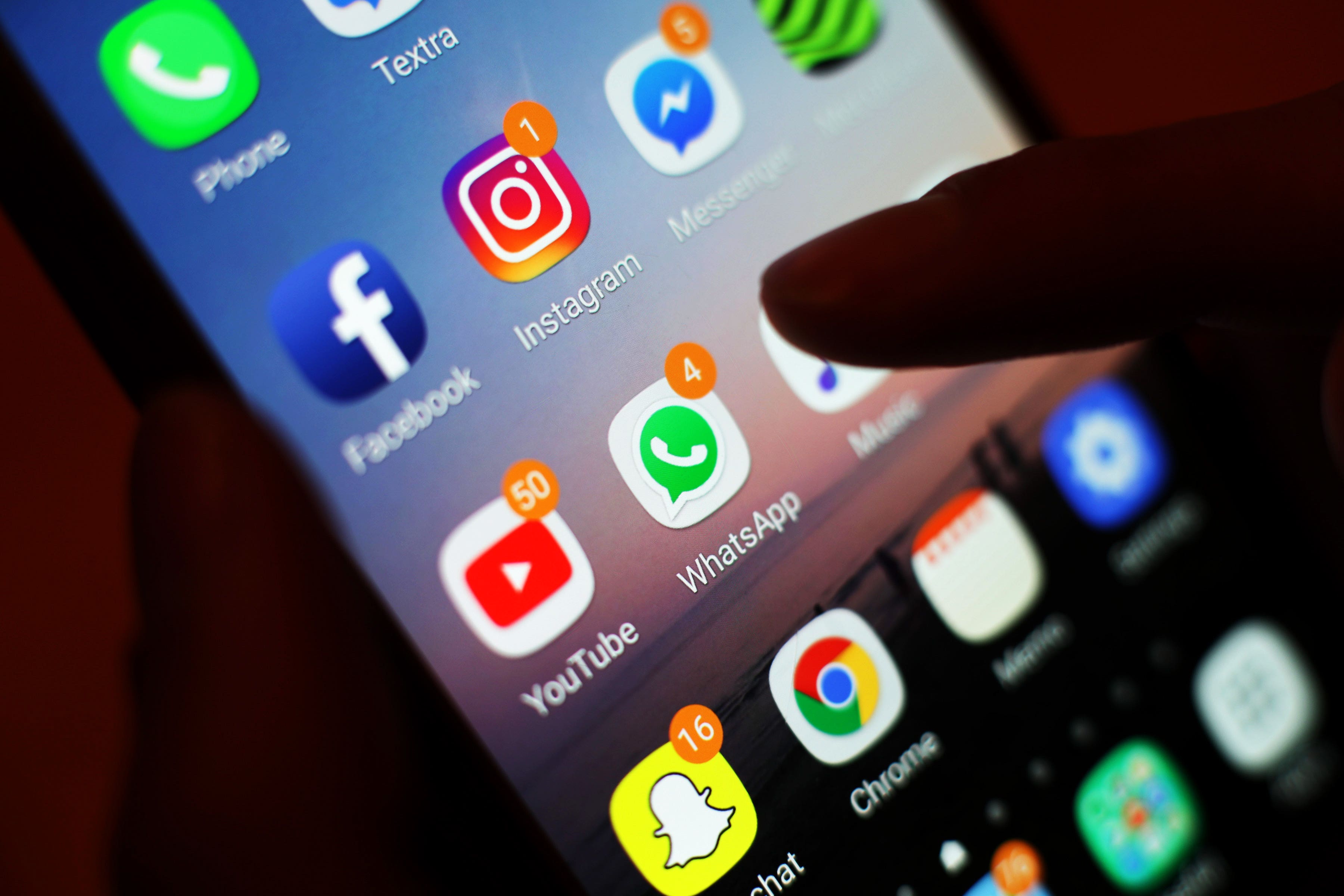
Critics warn that the new law could undermine the privacy of all users, since proving who is under 16 would also require everyone else to verify that they are over 16.
She told a Senate estimates hearing last week: “We’ve consulted more than 160 organisations and 345 individuals. While some platforms agree with our assessment, others may challenge it. But where the preponderance of young people are – on those major platforms – we will proceed.”
Inman Grant, a former Twitter (now called X) executive, told the committee: “We want to make sure that this is done in a way that respects all of those rights, so that we’re not cutting off their digital lifelines, particularly those who may come from disadvantaged communities or may feel more themselves online than they do in the real world.”
Google has warned Australian lawmakers that enforcing the country’s world-first ban on social media for under-16s will be challenging, citing practical and technical hurdles.
“The legislation will not only be extremely difficult to enforce, it also does not fulfil its promise of making kids safer online,” Rachel Lord, Google and YouTube’s senior manager of public policy in Australia, told an Australian Senate committee recently.
“The solution to keeping kids safer online is not stopping them from being online”.
John Pane, chair of Electronic Frontiers Australia and a former member of the trial’s advisory board, stepped down in August, citing serious concerns over inadequate privacy safeguards. He cautioned that the age-verification process could allow tech companies to collect and store the biometric data of millions of Australians.
“There are so many concerns with the report and so many concerns with the policy, and the way that they’ve sold this really is misleading,” Mr Pane said at the time. He added that the trial had flagged some platforms that were building “a surveillance-level response to the entire user population”, according to The Sydney Morning Herald.
Melbourne’s RMIT University expert on information sciences Lisa Given told the Australian Broadcasting Corporation earlier that the government’s approach acknowledges that age verification technologies make errors.
“It’s going to be up to each of the platforms to determine how they’re going to comply and it will be interesting to see if they test the limits of the definition of ‘reasonable steps’,” Ms Given said.

.jpeg)

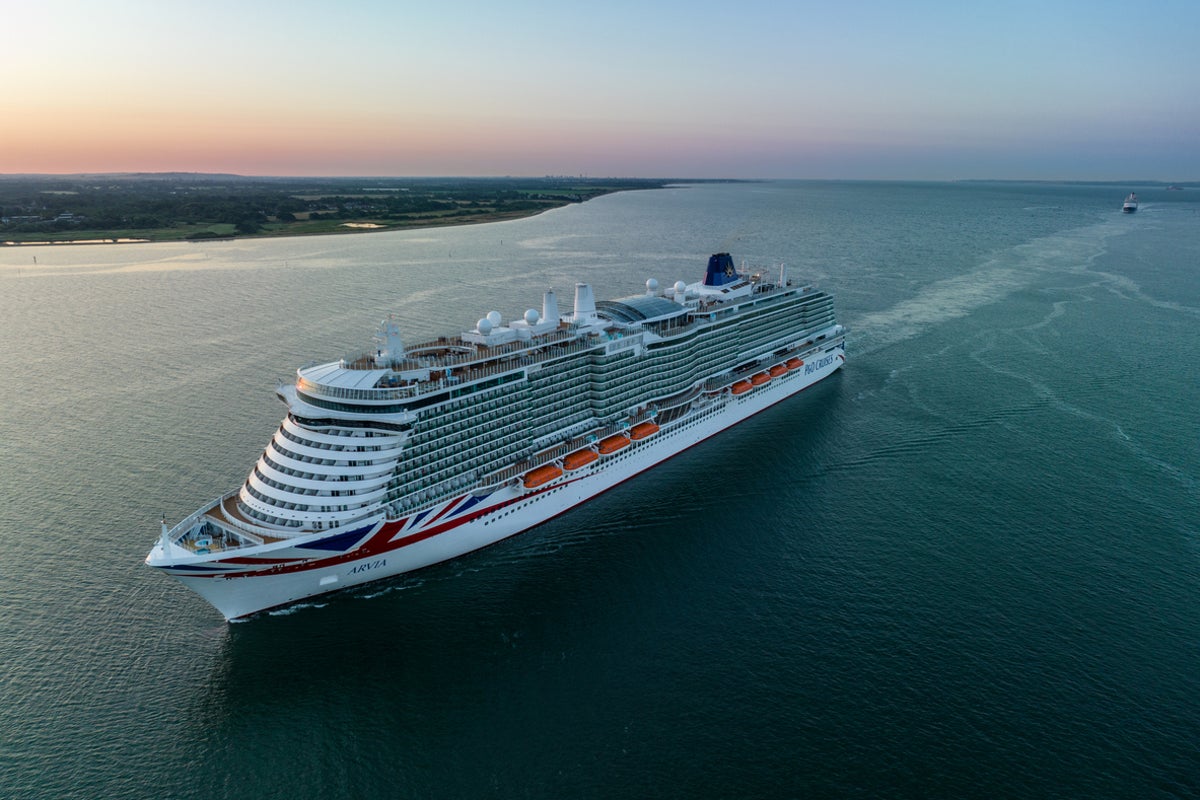


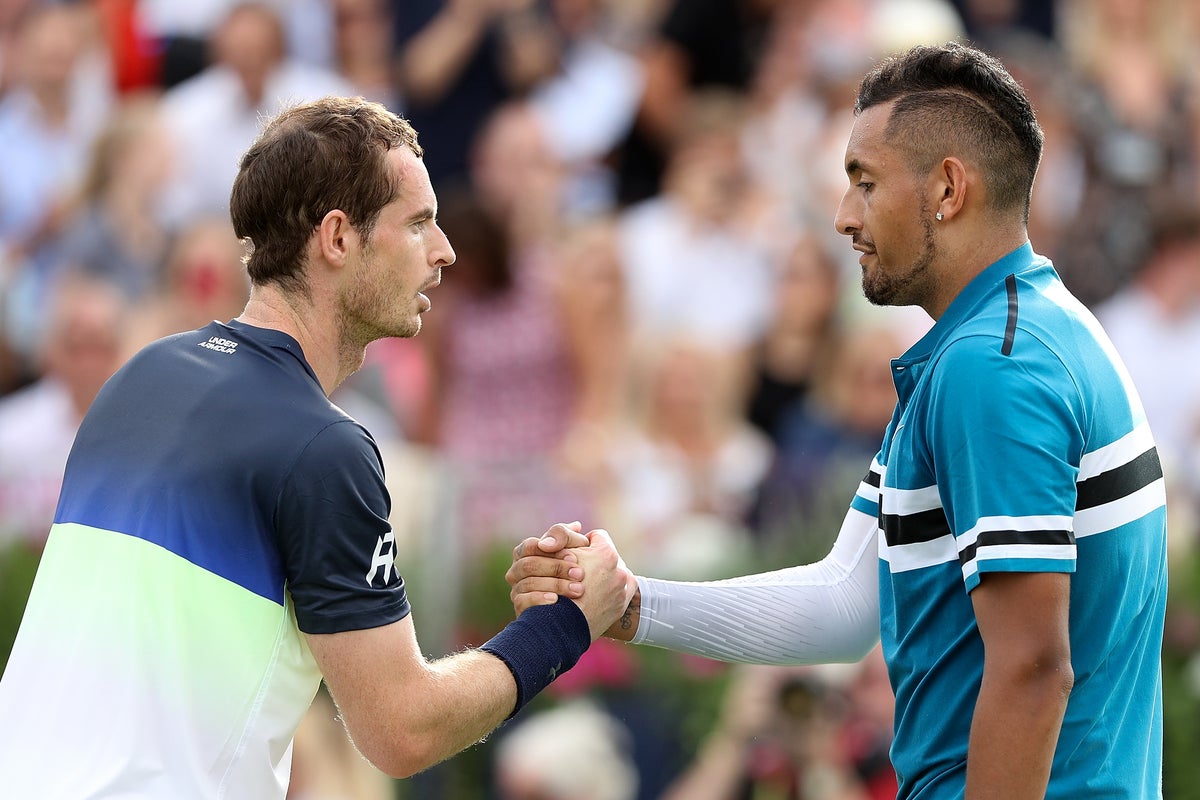



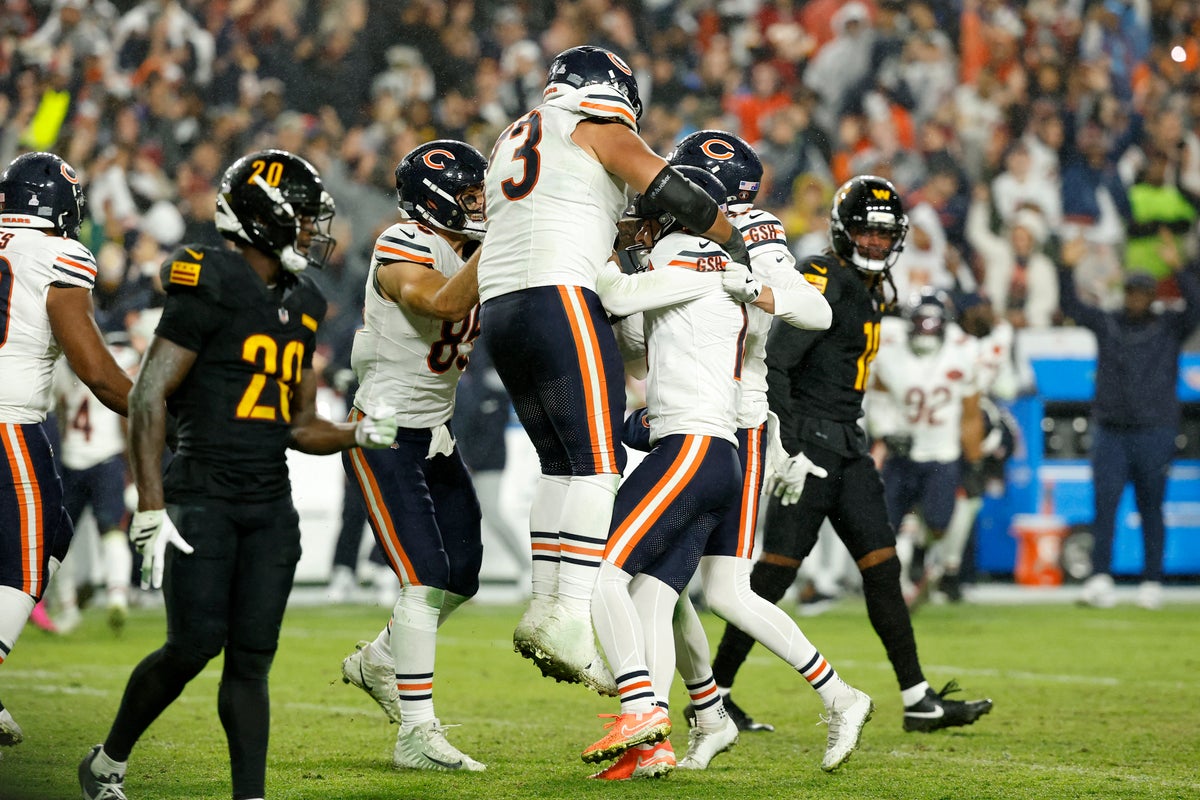



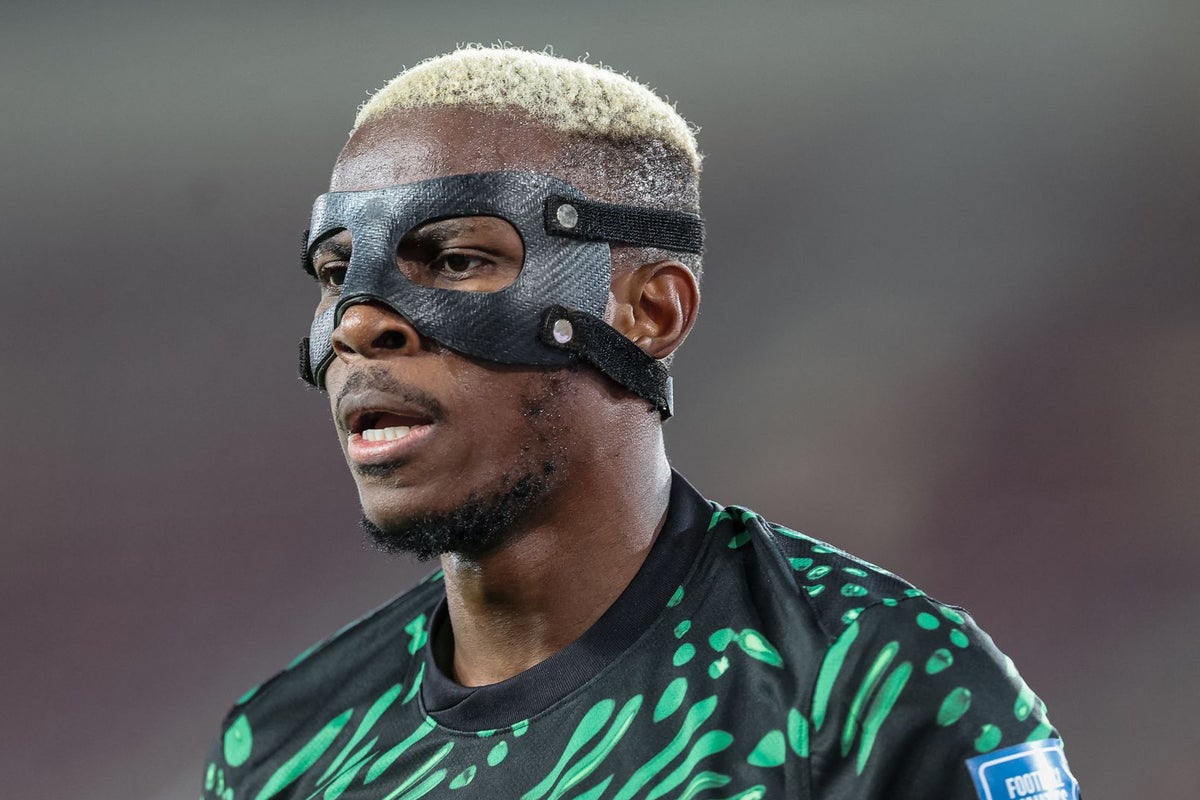
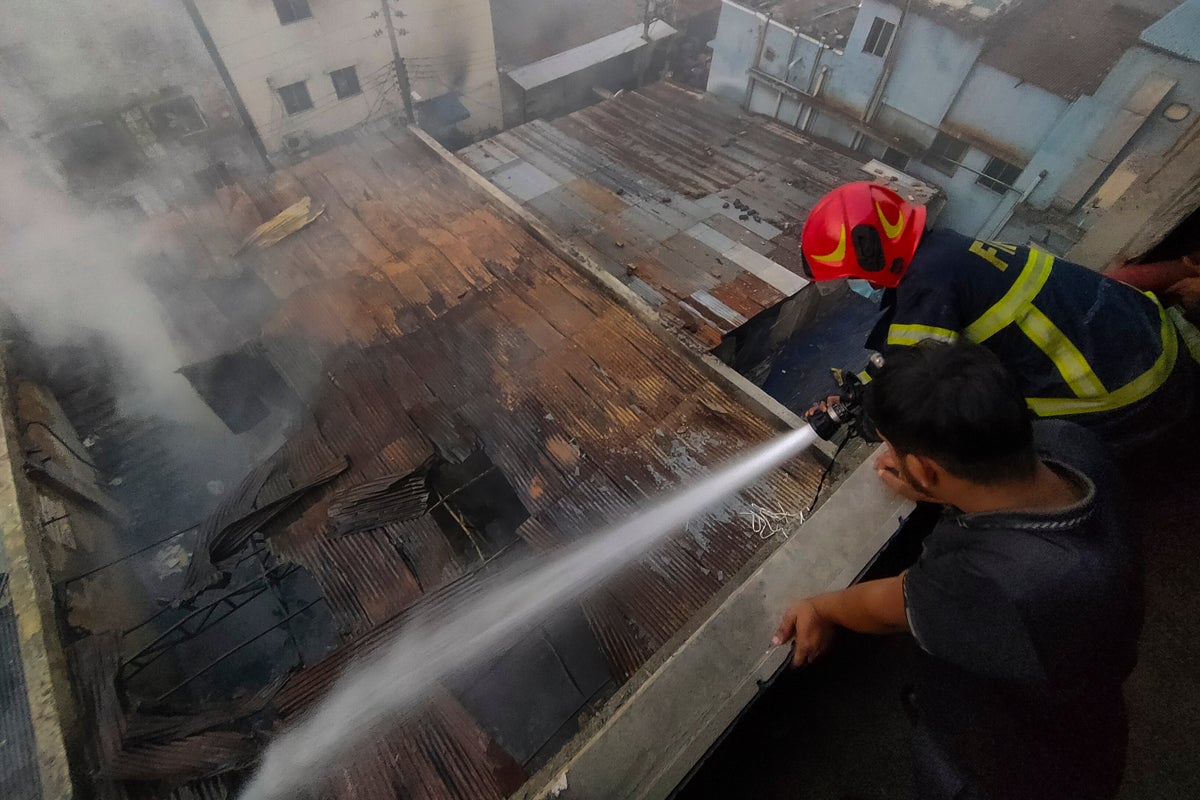








.jpeg)













 English (US) ·
English (US) ·